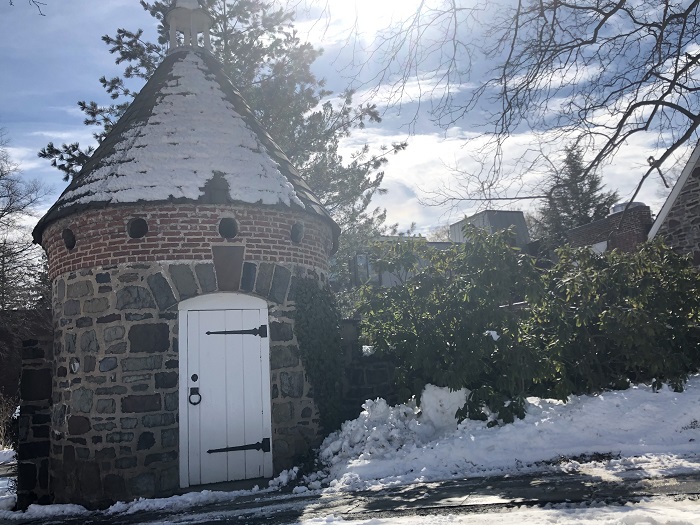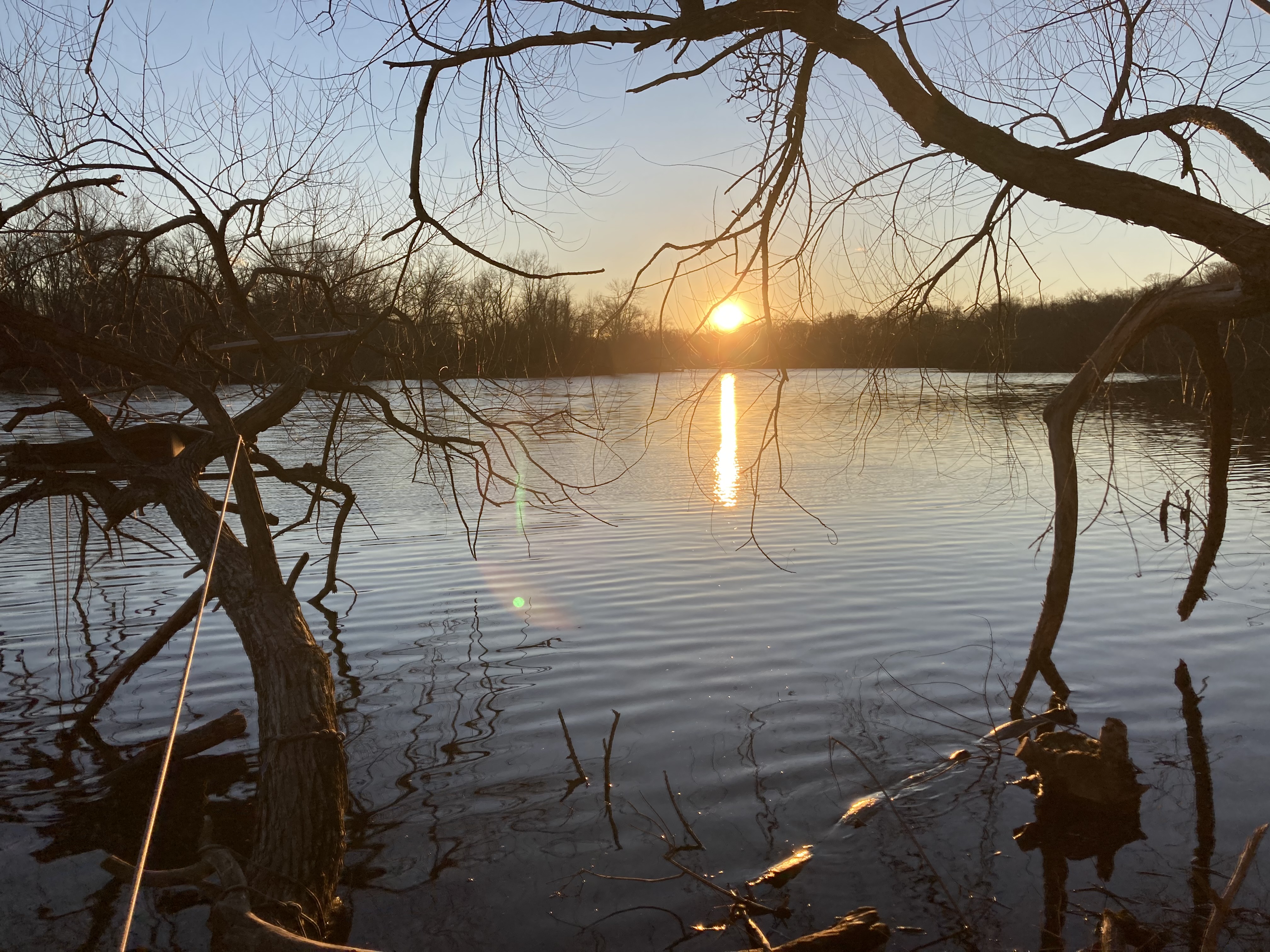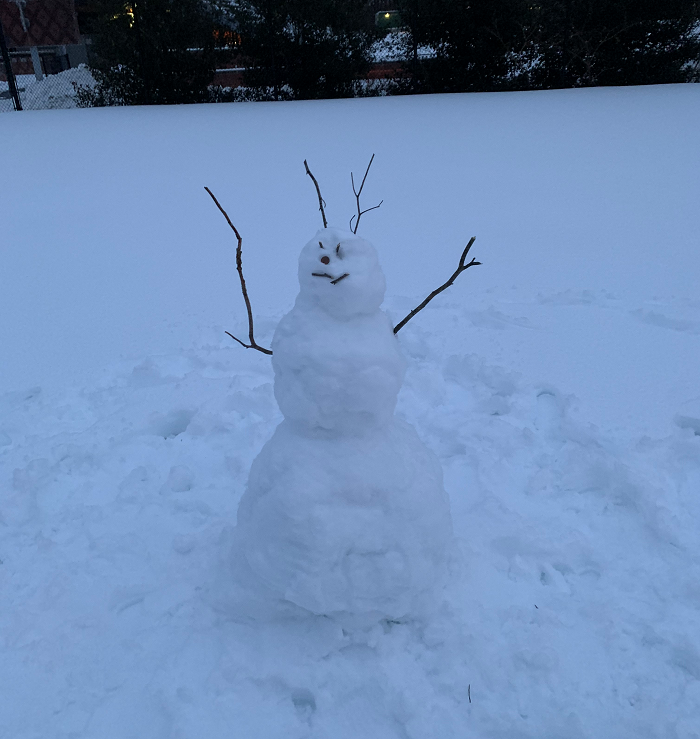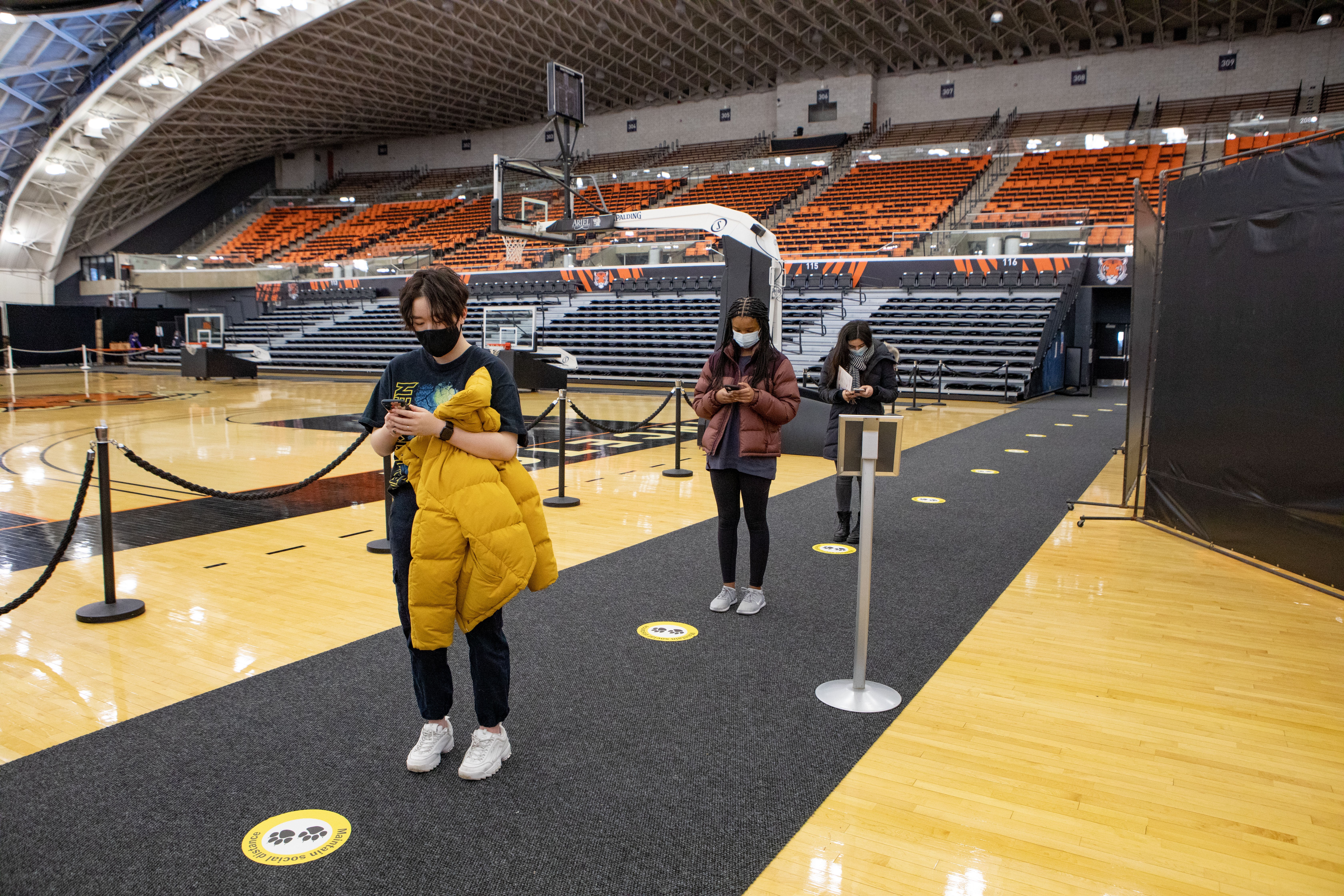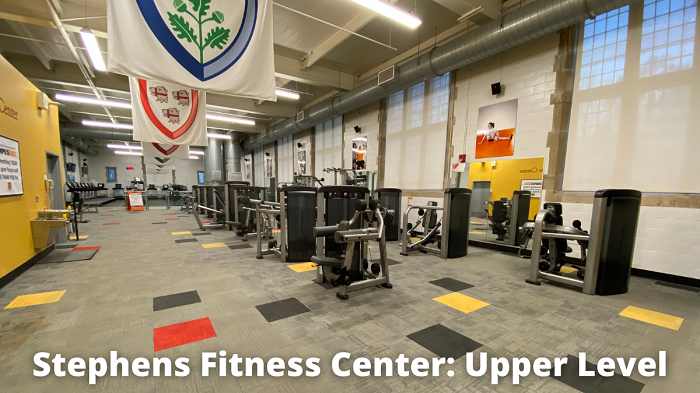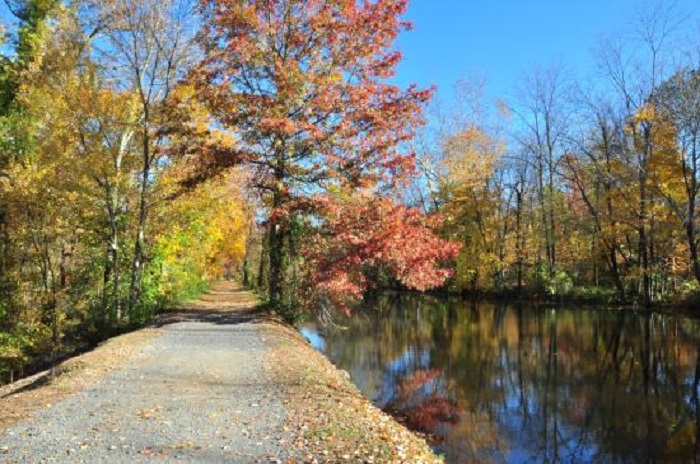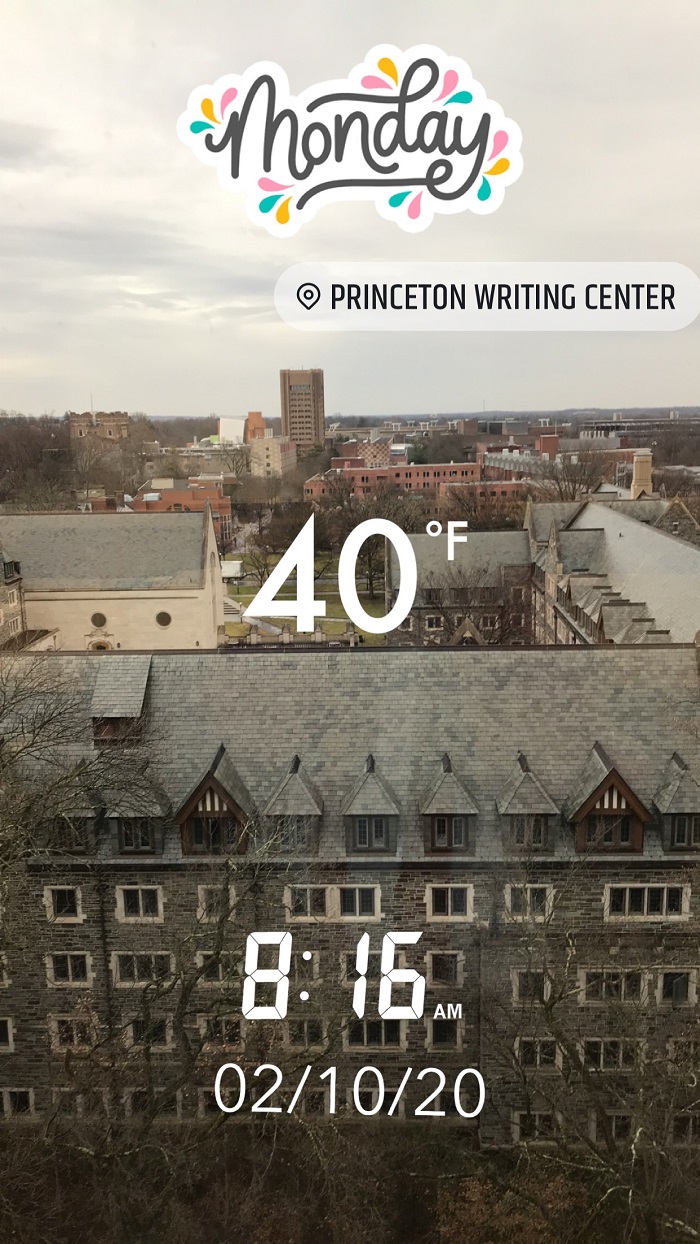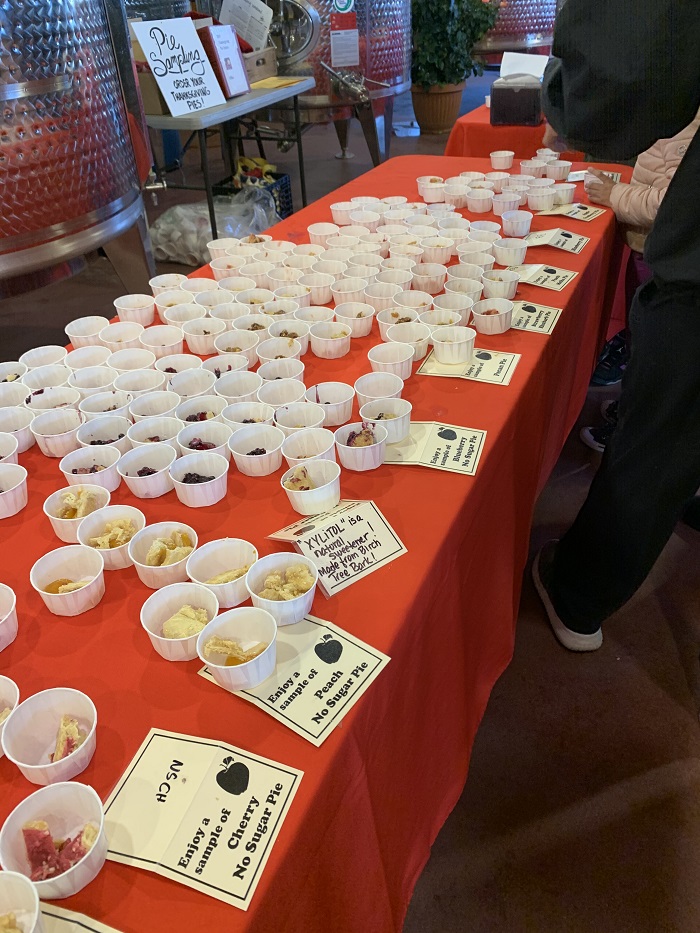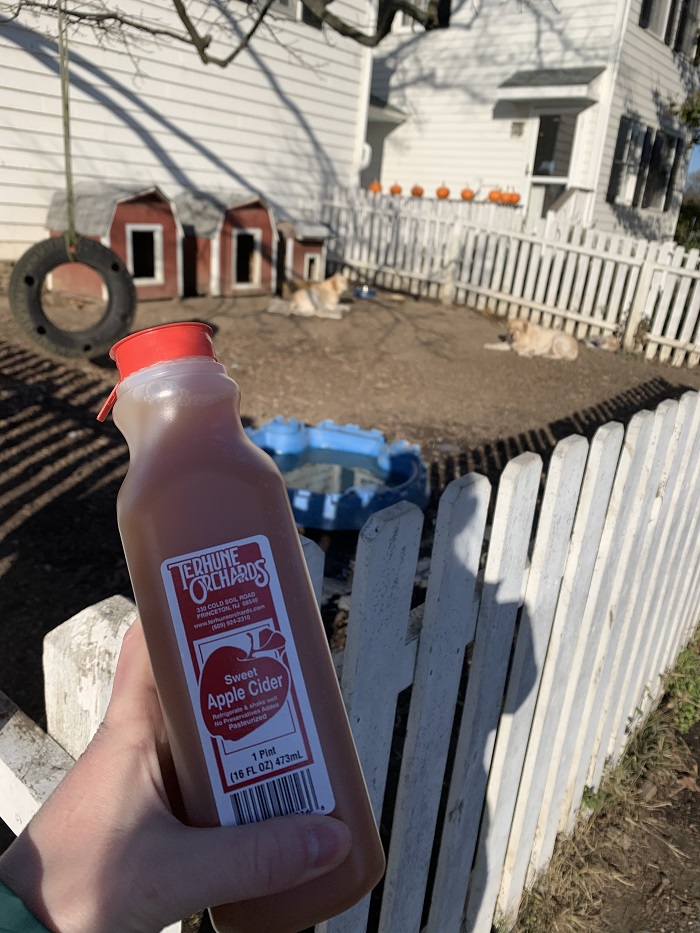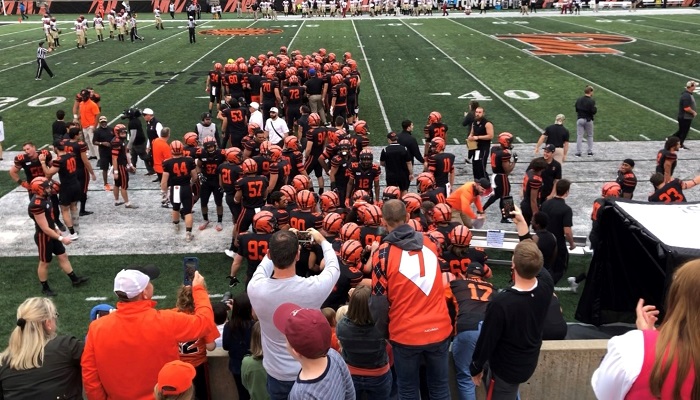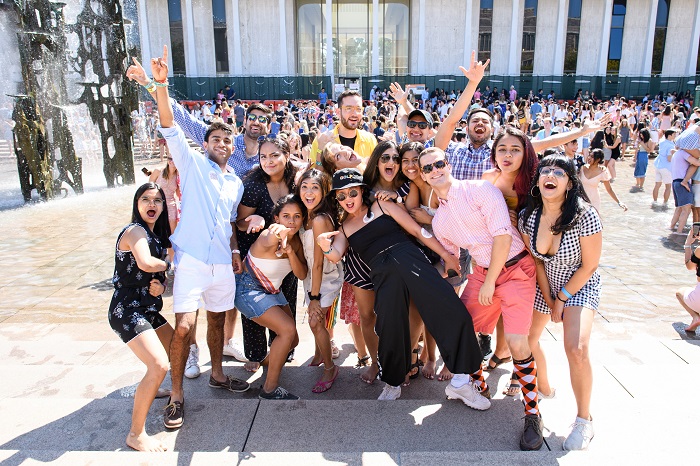Editor's note: Princeton University invited students back to campus for the spring 2021 semester following a hybrid model consistent with both CDC recommendations and guidance from the New Jersey Department of Health. In this post, our bloggers write about their decision to return to campus.
Grady
As a first-year student, I had a different set of pros and cons to weigh when it came to deciding whether or not I wanted to be on campus. I spent the first semester in Chicago with a few others from my class, and while that was enjoyable, it wasn’t the same as an on-campus semester. Except for my roommates, I rarely interacted with other college students; I didn’t feel like I was a member of a college community. It was easy to feel isolated from the rest of Princeton. This was the main reason I wanted to come to campus. Although the interactions I’ll have with others will be limited by social distancing requirements, there are some things that I’ll be able to do — go to the library, live on a hall with other first years, get to know the campus that will be my home for the next three and a half years — that I wouldn’t be able to replicate at home.
Of course, this doesn’t mean the decision was easy. I’m aware that the social scene won’t be anything like a traditional year, and that I might also feel isolated in my dorm room. But ultimately, I decided to come to campus so that I could feel like I belonged. I wanted to finally feel like a Princeton student, not just someone taking classes at Princeton.
Mallory
When Princeton announced in November that all undergraduates would be invited back to campus, I knew immediately I’d be back. Since March, I’d sorely missed both the opportunity to spend time in person with my Princeton friends and the ability to live independently. It’s possible my calculus would have been different, or more complicated, if I’d been nearer to the beginning of my Princeton career, but as a second-semester senior I knew I would treasure my last semester physically at the University.
I knew before arriving that campus would look different when I got here. As a senior, I finally got a big, beautiful room through Princeton’s room assignment process, but I can’t share the space with classmates with the freedom I’d treasured in past years. The University’s 11 Eating Clubs made the decision to close for the semester, meaning I’m back to eating Campus Dining food as I did when I was an underclass student. But the most important things are still the same: my friends are as happy to see me as they were back in March, and if anything, I’ve had more time to walk the campus and appreciate the otherworldly architecture. If getting to treasure my last few months on campus means I have to space out a little more from my friends on our regular walks, I’ll take it in a heartbeat.
Naomi
Ever since that fateful March day when I had to leave campus, I have been yearning for the chance to go back. In November, I found out that dream would now be possible. I first consulted with my doctors because I have underlying medical conditions that could make me more vulnerable to the virus. We felt comfortable with me returning because of Princeton’s extremely thorough COVID-19 response plan, including a strict quarantine period and testing all students for the virus twice a week.
Once I got medical approval, my decision was easy. I wanted to be back in the amazing Butler College dorms where I would have more privacy and independence. I wanted to be able to take advantage of the beautiful libraries and study spaces where I felt more productive than I did at the desk in my childhood bedroom. Most of all, I wanted to be able to see my friends again, in person and not just in a small box on my computer screen. I have now been on campus for a week and I feel happier than I’ve been in a long time now that I’m back at Princeton, my true “home.”
Rob
For the spring semester, I decided to rent an apartment within walking distance from campus. I have already lived off campus and I enjoy cooking for myself, so that’s why I opted not to stay in a dorm. I recommend living off campus to those wanting to gain some sense of independence while still being close to campus and the Princeton community. I will be living with a friend of mine and I look forward to baking together and ordering food from our favorite restaurants on Nassau Street!
As an international student, staying home wasn’t ideal because of the time difference and because I prefer to be in a productive environment, which Princeton offers. Coming to Princeton for my last semester is a chance for me to reconnect with my friends before we all graduate and move to different places around the world. In addition, I will be able to continue working part-time at Marquand Library as a front desk student manager and hope that I will be able to take one class with an in-person component.
